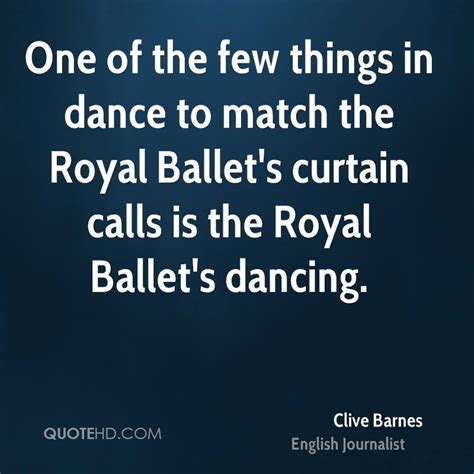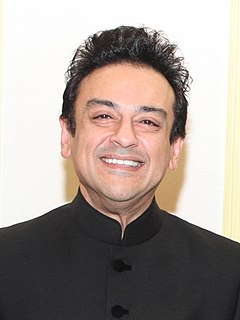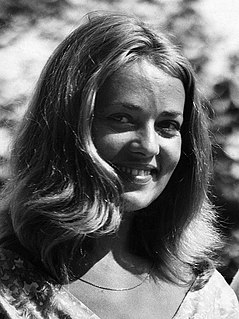A Quote by Clive Barnes
The mother is not dying exactly, but has reached a point in life where death is a familiar on the staircase.
Related Quotes
But we are not interested in death at all: rather, we escape the facts, we are continuously escaping the facts. Death is there, and every moment we are dying. Death is not something far away, it is here and now: we are dying. But while we are dying we go on being concerned about life. This concern with life, this over concern with life, is just an escape, just a fear. Death is there, deep inside - growing.
When one existentially awakens from within, the relation of birth-and-death is not seen as a sequential change from the former to the latter. Rather, living as it is, is no more than dying, and at the same time there is no living separate from dying. This means that life itself is death and death itself is life. That is, we do not shift sequentially from birth to death, but undergo living-dying in each and every moment.
For years, I have been stalked by a bad reputation. Actually, I have been pursued by people who have regarded me as the 'Death and Dying' Lady. They believe that having spent more than three decades in research into death and life after death qualifies me as an expert on the subject. I think they miss the point.
When a significant other - a spouse, a parent or someone you're close to - is dying, it forces you to think about your life, about what you feel about death. What I realized from my dad's dying was that I wasn't scared of dying. But I was terrified of regrets. I was terrified of getting to the end of my life with a lot of Why didn't I's.
The conquest of the fear of death is the recovery of life's joy. One can experience an unconditional affirmation of life only when one has accepted death, not as contrary to life, but as an aspect of life. Life in its becoming is always shedding death, and on the point of death. The conquest of fear yields the courage of life. That is the cardinal initiation of every heroic adventure - fearlessness and achievement.
It may be well to remember that the highest level of moral aspiration recorded in history was reached by a few ancient Jews--Micah, Isaiah, and the rest--who took no count whatever of what might not happen to them after death. It is not obvious to me why the same point should not by and by be reached by the Gentiles.
Death is the door from the superficial life, the so-called life, the trivial. There is a door. If you pass through the door you reach another life - deeper, eternal, without death, deathless. So from so-called life, which is really nothing but dying, one has to pass through the door of death; only then does one achieve a life that is really existential and active - without death in it.
































